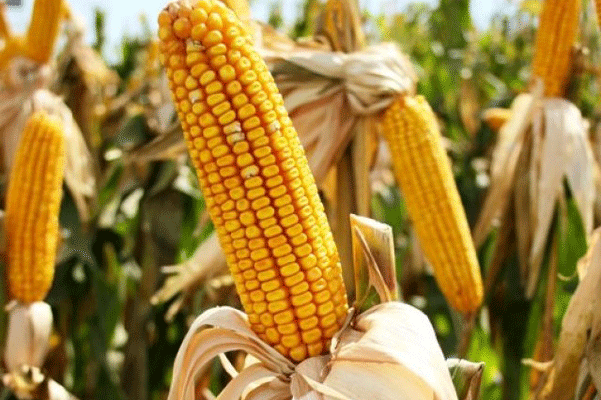
With food insecurity being a major challenge in Zimbabwe following an incessant drought, many have been left with little choice on the type of foods they will eat as in most cases they are ready to eat whatever they can get their hands on.
environment By Chipo Masara

In the face of such acute hunger, many have questioned the logic in the decision by some governments in developing countries to deny people access to often readily available products derived from genetically modified organisms, commonly referred to as GMOs.
As much as there are many that are fighting for the total abolition of GMO foods, there are many still that are putting up just as big a fight in support of them, leaving many unsure about what to believe, or which side to go with. One thing for a fact, however, many people are — both knowingly and unknowingly — eating GMO foods that are imported from other countries as the same governments that vehemently call for their ban appear clueless on how to determine which foods are genetically modified and which are not. There is no clear law that requires the labelling of GMO derived products. And product marketers have never been known to be very honest as most are concerned about making that quick sale.
But just what is it about the GMOs that makes them so unappealing to so many people while others are putting up a fight in their defence?
Many that are opposed to GMO foods see them as posing a major health threat. Although research has not been conclusive, genetically modified foods have for some time been heavily linked to an increased resistance to antibiotics, making medicines less effective. Even bigger fears have been raised over their possible link to cancer, reproductive malfunction and digestive disorders.
Then there are some who strongly believe that only natural food tastes better and is good for everyone. Such people declare they want oranges that taste like oranges, not artificially sweetened “super oranges”.
Environmentalists, on the other hand, say GMOs are a serious risk to the environment. Genetically modified plants for instance, are said to travel well beyond fields where they are grown. The resultant cross-pollination is believed to create herbicide-resistant “super weeds” that threaten other crops and wild plants. Scientists claim that GMOs have, for instance, decimated butterfly populations in the United States, and led to birth defects among other animals. There are real fears that by the time the long-term environmental impact of GMOs is established, it may be too late.
- Chamisa under fire over US$120K donation
- Mavhunga puts DeMbare into Chibuku quarterfinals
- Pension funds bet on Cabora Bassa oilfields
- Councils defy govt fire tender directive
Keep Reading
On the other hand, those that see no sense in the continued resistance to GMOs insist biotechnology is the only way to feed the growing population, by increasing yields to get more food from less land. For them, GMOs mean cheaper, more plentiful food to fight hunger in countries such as Zimbabwe that have many who are facing starvation. They also insist that in fact, when genetically modified, foods often improve in flavour and texture. They further claim that biotechnology can — contrary to what many believe — make food healthier, giving vegetables for example, a greater concentration of nutrients, reducing starch in potatoes or lowering the saturated-fat content of cooking oils. This, they say, could go a long way towards improving the nutritional values of foods, which would be particularly significant in boosting diets in starving developing countries the likes of Zimbabwe.
Given the divergent claims made with an equal measure of zeal by those for GMOs and those against them, the issue can prove to be quite confusing for many ordinary people in Zimbabwe, and indeed the rest of the world, who may not know what to believe.
However, many in much drier provinces such as Matabeleland North and South, parts of Masvingo and Manicaland, among others that are facing acute food shortages, may not at present be as concerned about how the food is produced as they are about just getting something, anything, to feed their families.
One thing for a fact, the persistent hunger in many parts of the country in the face of a continually broke government that does not seem to have a home-grown solution to the gnawing hunger, has made the GMO food an option many would be willing to go for if given the option, never mind the health fears or environmental impact, among other concerns.
Feedback, email: [email protected]











